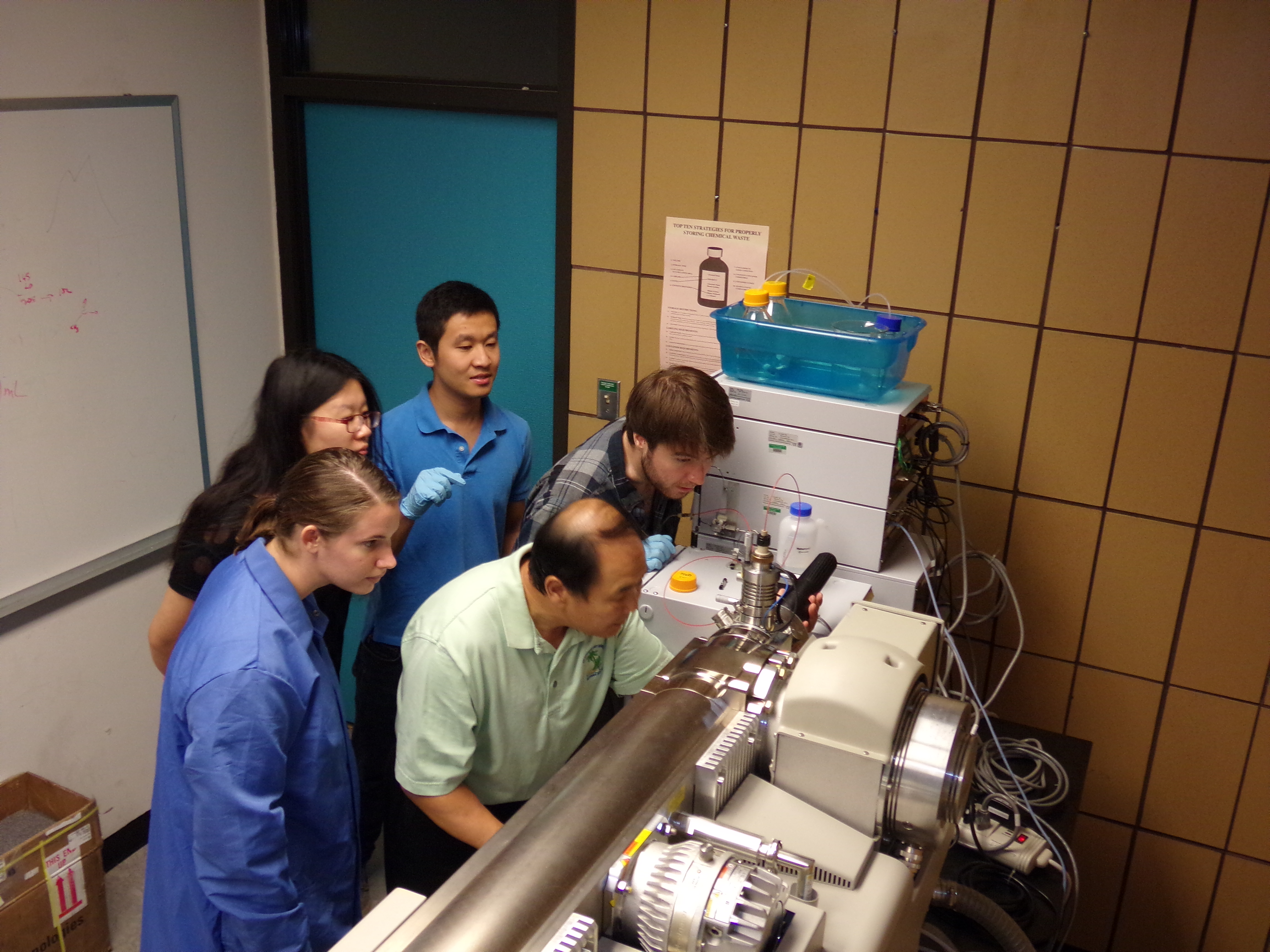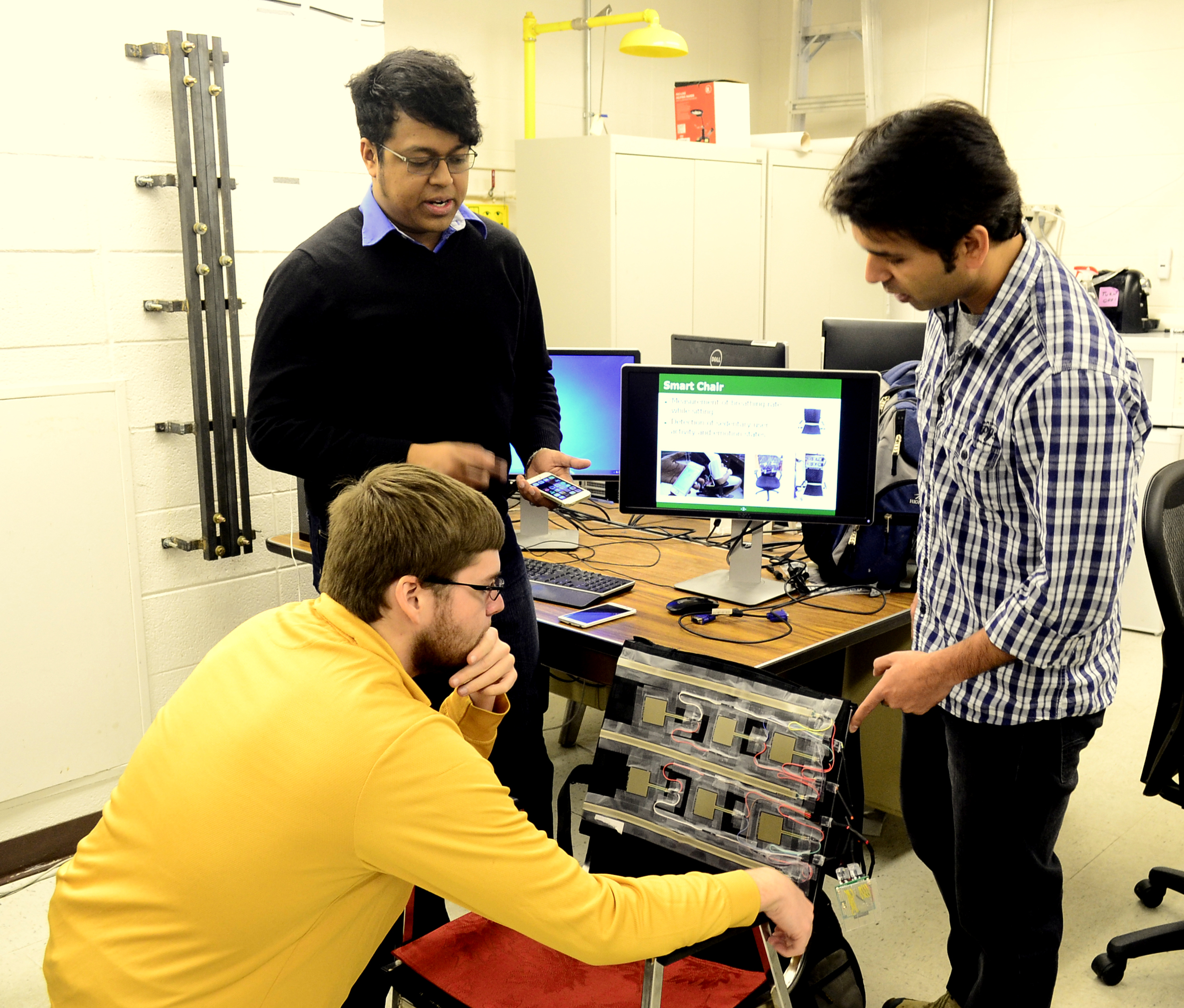Ongoing Research Collaborations

Early breast cancer detection with urine samples
(Drs. Yinfa Ma and Honglan Shi, Missouri S&T, and Dr. Don James, PCRMC)
Breast cancer remains the most prevalent malignancy in females worldwide. Current screening practices disproportionately detect slower growing, indolent cancers in comparison with early progressive cancers, and especially biologically aggressive cancers. This research team aims to utilize urinary metallomics as a novel biomarker discovery platform to identify new molecular biomarkers for earlier breast cancer detection. We will develop new analytical techniques to comprehensively profile the metallome of healthy, indolent, and aggressive breast cancer cell lines in order to discover novel metallomic biomarkers. After establishing the biological relevance of these newly identified biomarkers, we will demonstrate biomarker translation to urine and serum so that these biomarkers may be minimally invasively or noninvasively monitored, respectively, for clinical screening purposes. The eventual goal of our team-effort research is to establish a new technology and a cost-effective molecular approach to distinguish indolent and aggressive breast cancer.

Cognitive Health Assessment using Smart Sensing
(Drs. Sajal Das and Debraj De, Missouri S&T, and Dr. Mignon Makos, PCRMC)
Cognitive health is related to maintaining brain-based skills required for both independent and social living. New research works have identified critical association of cognitive health with mental health as well as well-being. The US Centers for Disease Control and Prevention (CDC) notes: "little has been done to protect the mental health of those free of mental illness". Cognitive assessments currently used in medical practice are primarily based on human qualitative observation, and are often affected by observer and cultural bias. To this end we are developing innovative quantitative methods for cognitive health assessment and care with the help of wearable device and smart embedded sensing, along with intelligent sensor data analytics and machine learning. One of our exciting projects includes the development of a smart chair that captures and analyzes user's activities of daily living and emotion related subtle movements. The main target population is elderly people at risk of dementia and patients requiring long-term rehabilitation.
